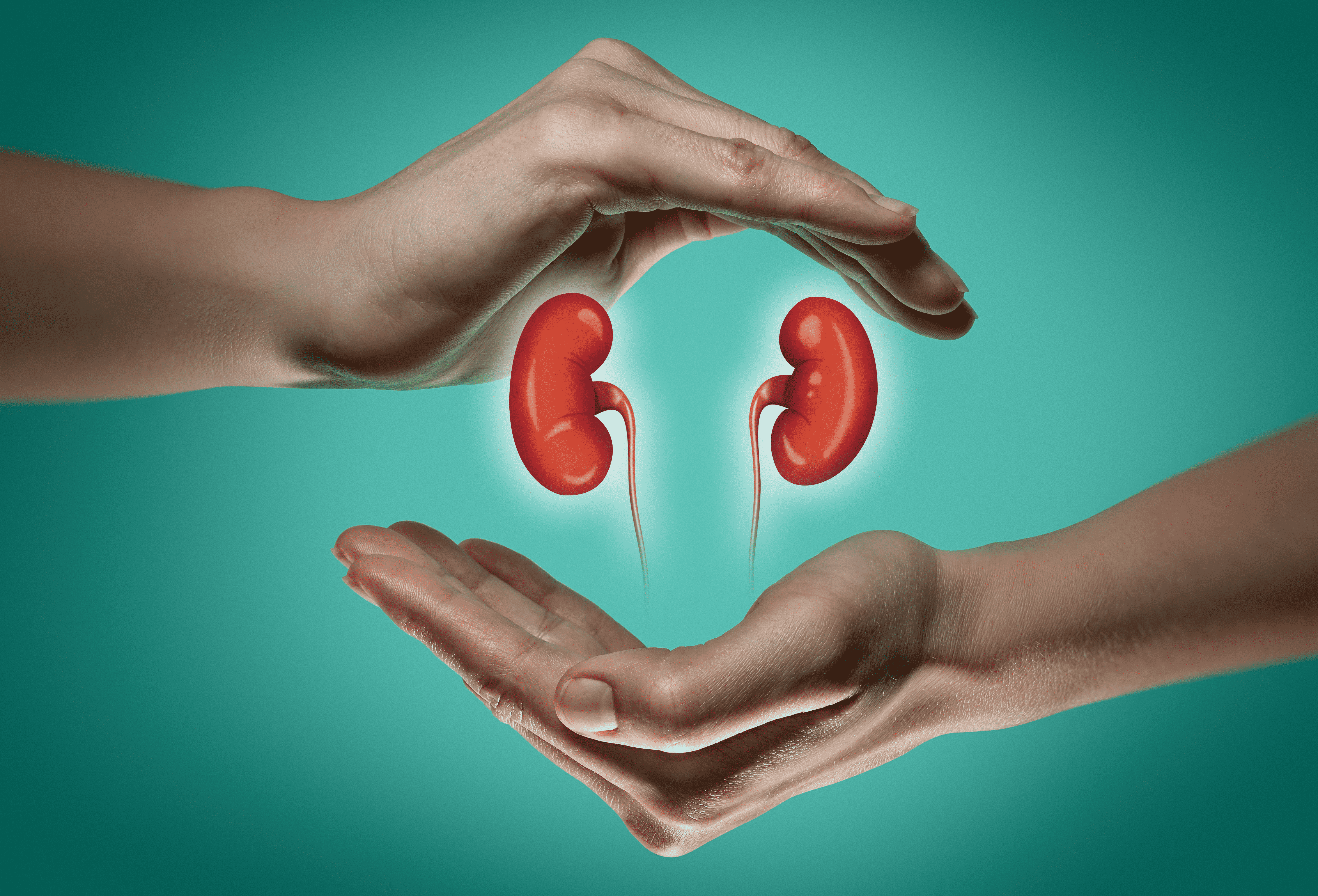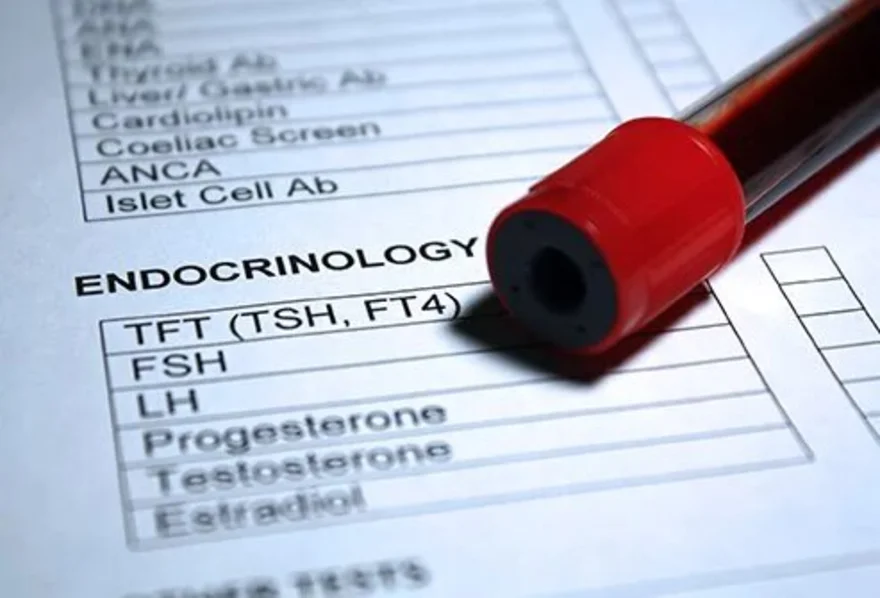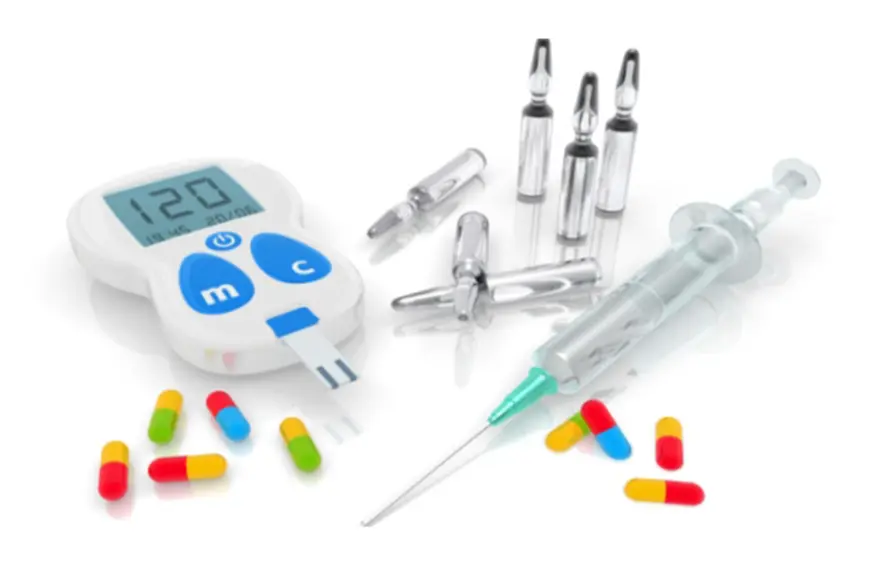Preventive Healthcare
Kidney Biopsy Test: Objectives, Types, Procedure, and Results
5566 Views
0

What is a Kidney Biopsy Test?
A kidney (or renal) biopsy is the procedure to remove kidney tissue for laboratory analysis. The test helps your doctor determine the kind of kidney disease, its severity, and the best course of treatment. A renal biopsy aims to ascertain whether kidney therapy is sufficient and whether problems following a kidney transplant exist.
Objectives of a Kidney Biopsy Test
In a healthy individual, two working kidneys carry out several tasks. The kidney's function is to eliminate urea, a liquid-solid waste, from the blood.
If routine urine and blood tests reveal that your kidneys aren't operating correctly, your doctor could recommend that you have an invasive renal biopsy. Your physician may also mandate the test.
These are the objectives of a kidney biopsy:
- Identify the malignant or benign nature of a kidney tumour.
- Test the effectiveness of a freshly given kidney.
- Examine the underlying cause of (blood in urine).
- Discover the root of the problem (high protein levels in urine).
- Recognize the level of escalating renal failure and the progression pace.
- Make a strategy to repair the damaged kidney.
Types of Kidney Biopsy Test
1. Percutaneous biopsy
- Fine needle biopsy
- Needle core biopsy
2. Open Biopsy
Procedure for Kidney Biopsy Test
Needle-probe biopsy: This type of kidney biopsy is the most common. A doctor extracts kidney tissue using a small biopsy needle during this procedure. The hand can be directed towards a specific kidney region using an ultrasound or a CT scan.
Complete biopsy (surgical biopsy): A thorough biopsy (surgical biopsy). To do this procedure, the surgeon creates skin incisions around the kidneys. The physician can examine the kidneys to decide where tissue samples should be taken.
A kidney biopsy is frequently carried out as an outpatient procedure at a hospital. A radiology facility may be used for the process if a CT scan or ultrasound technology is required.
Percutaneous biopsy is by far the most popular kind of renal biopsy. A doctor must puncture the skin with a biopsy needle to retrieve kidney tissue. In an open biopsy, the surgeon identifies the location from which tissue samples will be taken by making a tiny incision in the skin around the kidneys.
Risks Involved in a Kidney Biopsy Test
A renal biopsy may help your doctor identify your kidney problems and choose the best course of action.
Infections that develop after surgery are a serious concern. But that is not typical. After your kidney biopsy, watch out for any symptoms that could point to a disease:
- Vivid blue blood or blood clots in your urine persisting for more than 24 hours
- Feel sick, develop a fever, or experience swelling, redness, bleeding, or other discharges as a result of an increasing discomfort at the biopsy site
- Feel weak or flimsy
- Infection, which may cause internal damage to the target organ or other nearby sites
Preparation for Kidney Biopsy Test
Usually, preparing for a kidney biopsy doesn't involve much work. Any prescription/over-the-counter/herbal supplements you are taking must be disclosed to your doctor. Ask your doctor if you should stop taking them before the test, take a different dosage, or both.
Your doctor may give you additional instructions if you are presently taking any drugs that might potentially alter the outcomes of the kidney biopsy.
Results of Kidney Biopsy Test
The tissue sample from the kidney biopsy is taken to a laboratory for examination. A pathologist - a medical professional with specialised expertise in sickness diagnosis - examines the tissue.
Both an analysis and a microscopic inspection of your specimen employ reactive dyes. The pathologist will examine and assess any fresh scars or deposits. Additionally, infections and other anomalies may be discovered.
After examining the results, the pathologist will send the report to your doctor. The results will be available in a week.
A kidney biopsy is considered abnormal if changes are seen inside the renal tissue. Numerous factors contribute to this, and your kidneys may occasionally get affected from conditions involving the other areas of your body.
If results don't meet expectations, it could mean:
- Connective tissue disorders - kidney infections affecting the connective tissues
- Impeded or restricted blood flow to the kidneys
- Transplanted kidneys being rejected
- Kidney cancer
- Complicated urinary tract infections having a detrimental impact on kidney function
To determine the best course of treatment, the doctor may prescribe further testing. After the kidney biopsy, they will walk you through the next steps and thoroughly go over your results and health.
Recovery After Kidney Biopsy
Before you may leave the hospital, the kidney biopsy will need to recover and be monitored. Your exact release time may fluctuate depending on your physical state, your doctor's method, and how you respond to the therapy. If you've undergone an organ transplant, you'll rest on your stomach and back for the following six to eight hours.
A doctor or nurse will monitor your vital indicators, including your temperature, blood pressure, pulse, and breathing rate. Tests on the blood and urine are done to look for internal haemorrhages or other issues.
The doctor will prescribe medications to ease the pain at the biopsy site. You will be allowed to leave the hospital and return home after your vital signs have returned to normal. It often happens 12 to 24 hours following the procedure. Brilliant red blood cells in your urine are typically seen for up to 24 hours following the biopsy. If the issue persists for more than a day, you must inform your doctor.
If you're hungry, you may typically resume your regular eating routine. Your doctor might suggest you rest for 12 to 24 hours after your biopsy. Avoid any strenuous physical activity and heavy lifting for two weeks.
It is advised to refrain from jogging, aerobics, and any other exercise that includes bouncing for two weeks following the biopsy. If the biopsy site is painful, you may take medications.
How Often Should You Have a Kidney Biopsy Test?
A kidney biopsy test is a procedure used to determine a kidney's size, shape, and composition. If you have any suspicion whatsoever that you could have a kidney problem, it’s important to get tested.
If you are experiencing any of the following symptoms, you should have a kidney biopsy test:
- Pain in your back or side
- Blood in your urine
- Urine that smells fruity or metallic
- Urinary stones
A kidney biopsy test is typically done as an outpatient procedure in a hospital or doctor’s office. The test is often done as part of a doctor's evaluation of a person's overall health.
Conclusion
A kidney biopsy test is a procedure doctors use to look for the cause of renal disease or other kidney problems. Most renal specialists will order a kidney biopsy if suspected of having a renal disease or if they have symptoms such as high blood pressure or proteinuria (a urine sample showing increased protein levels).
Kidney Biopsy Test reports typically take six to eight weeks to come back. If there is any suspicion that the patient has cancerous cells in their kidneys, then additional tests may be required before making a final diagnosis.
After a kidney biopsy, most patients can return to their normal routine within days or weeks if there is no disease indication. However, additional tests may be required for an accurate diagnosis if renal cancer is suspected.
If you are planning on having a kidney biopsy test, talk to your doctor about what test would be best for you and when to schedule it.
FAQs
How Often Does a Kidney Biopsy Need to be Done?
the decision about when to have a Kidney Biopsy Test depends on the underlying condition and may vary from patient to patient. In general, however, most doctors recommend having one every few years as long as no signs of disease are present.
What are the Risks Associated With Having a Kidney Biopsy?
The main risks of having a Kidney Biopsy Test include pain, bleeding, and infection. However, these risks generally occur only in rare cases. Moreover, most people experience minor side effects following surgery, such as swelling and fatigue.
What are the Benefits of Having a Kidney Biopsy Test?
The benefits of having a kidney biopsy test include the possibility of detecting cancer or other abnormalities, which may lead to improved health and/or prolonged life.
 Home Visit
Home Visit Upload
Upload














1701259759.webp)









 WhatsApp
WhatsApp